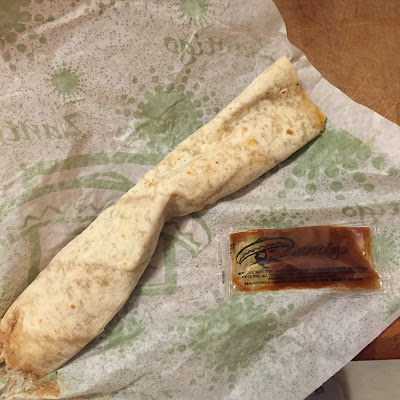IMFC Honoring Legacy: Farmers Moving Forward
Two hundred and fifty farmers, educators, advocates, agency officials, and volunteers gathered this
past weekend for the 10th Immigrant and Minority Farmers Conference
on the University of Minnesota’s St. Paul Campus. The two-day event is free to
farmers and includes breakout sessions designed to address the needs of
immigrant and minority farmers. Workshops are focused on helping farmers to
improve and strengthen their farming practices and include topics such
as organic farming, how to sell at markets, loans, and fair
pricing.
This year’s theme,
“Honoring Legacy: Farmers Moving Forward,” demonstrated how our farmers are
progressing. With the popularity of urban farming and community gardens, our younger
generation is starting to take an interest in the conference and there are young
farmers-in-training on the planning committee. Volunteers and sisters, Dorothy
and Dolly are great examples of youth taking leadership roles both in their communities
and in the conference. They told me about the community garden they are
planning in an effort to feed their neighbors, especially children and the
elderly, who don’t always have access to fresh healthy produce. Their
enthusiasm is contagious and their youthful influence was evident in the acts
selected for conference lunch performances.
I usually
attend a breakout session or two. Even as a non-farmer I learn a lot. But this year’s
Immigrant and Minority Farmers Conference was most informative for me during lunch.
Our plates
overflowed with good Thai noodles and curry from Sen Yai Sen Lek (the folks at this NE
Minneapolis diner support our farmers with their local and sustainable sourcing)
and we tapped our toes to bluegrass performers “The
Moonlight Duo.”
Then Hmong poet Kevin Yang took the stage. “Who is this guy?”
I asked my dining companion as Yang began his piece “My name is Kevin.” Kevin
speaks with the strength of a master slam poet, and his voice caught me off
guard. His poetry embodies the pain of an immigrant experience, the humor behind our
cultural differences, and the wisdom of a young man who understands that he
is connected to the land he stands on regardless of which country he is
standing in. Kevin Yang blew me away.
Lunch ended
with a performance by half a dozen Hmong girl dancers. You have to have a heart
of stone not to love cute little girls dancing. As the girls promenaded off
stage and the farmers headed to their afternoon breakout sessions, I thought, "How can we top this? Tomorrow’s lunch will be dull and sad compared to this." I had no idea that
Kabzuag Vaj was coming to town.
Over lunch
on Sunday (curry, chicken skewers, and salads catered by Shirley Yang), Kabzuag
Vaj told us the story
of Freedom, Inc. She spoke about a group of teen Hmong who gathered in the
parking lot after school to talk about their problems. Eventually the group
began meeting indoors, and the black teens in the neighborhood joined them.
From those informal meetings a grassroots community in Madison, Wisconsin grew. Freedom, Inc. promotes an end to violence through the empowerment of low- to no-income
communities of color, women, and the gender non-conforming. They have created healthier
living through joining forces, urban farming, and a commitment to one another. Watch
members of the community tell their story here (they tell it much better than I
can): https://www.youtube.com/watch?v=IFeiN_3J1iU
A community gets its strength from its diversity, and from the experiences and knowledge we share. Those
of us far removed from an immigrant experience or a farming community have much to learn from our new
immigrant neighbors. Something magical occurs when those exchanges take place
in a vegetable garden, or in a freshly plowed field, or over lunch at a
conference in St. Paul.

















Comments